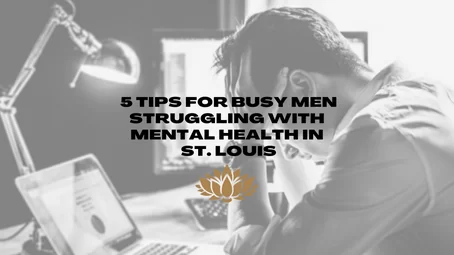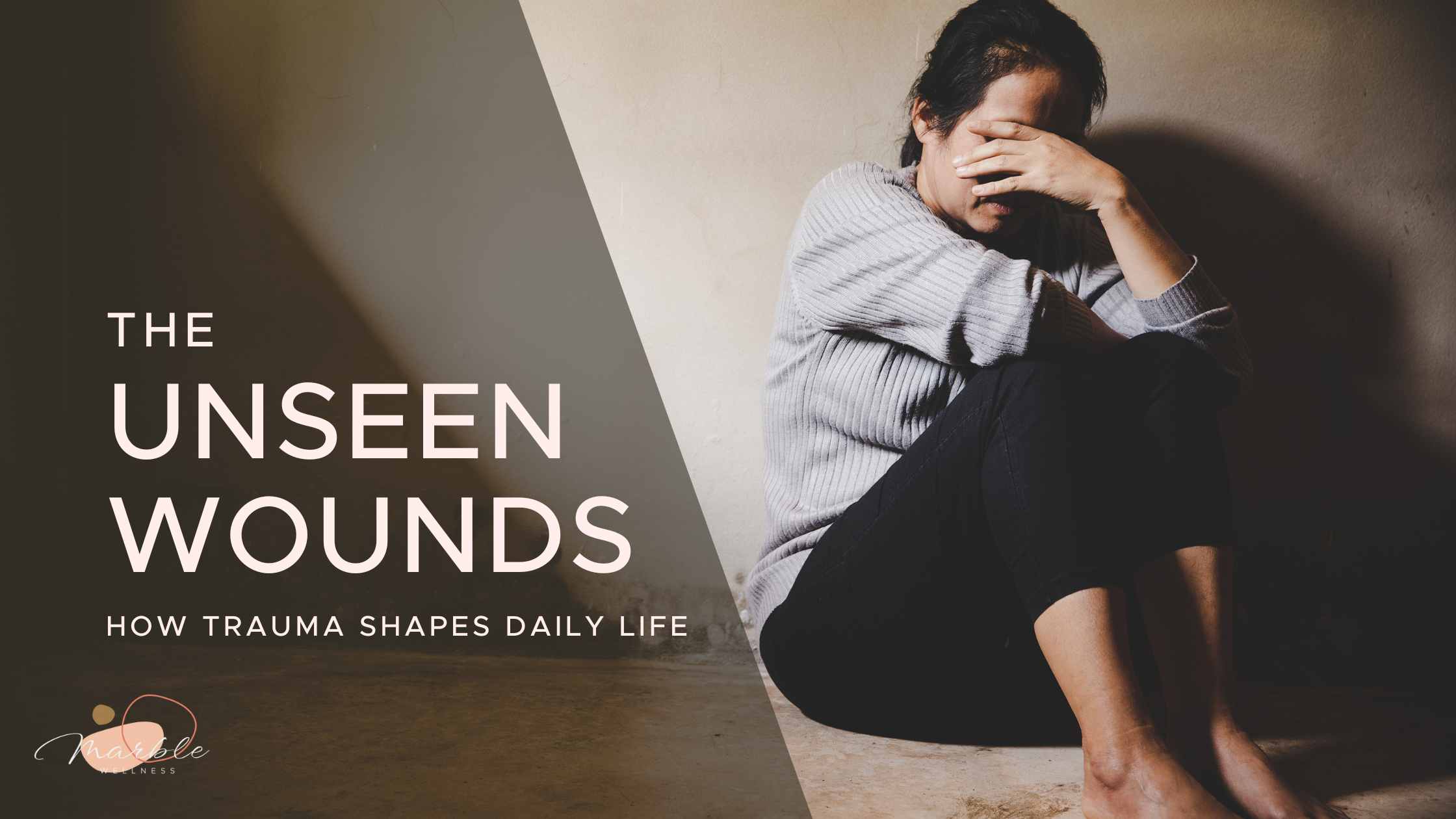You’ve said yes. Or maybe you’re thinking about saying yes.
You’re planning a wedding—or maybe just planning a life together.
You love each other. You communicate pretty well. You’ve had a few fights, sure, but nothing alarming. You want to go into marriage with intention—and someone mentioned pre-marital therapy.
You’re intrigued. But if you’re honest… you’re not totally sure what actually happens in those sessions. Do you talk about sex? Your in-laws? Is there a test you have to pass?
If you’re curious (or even a little nervous), here’s what to expect in pre-marital therapy—and why it can be one of the most powerful gifts you give your future marriage.
First: What Is Pre-Marital Therapy Not?
Let’s clear this up right away:
Pre-marital therapy is not a test.
It’s not about “catching red flags.”
It’s not a last-ditch effort to fix something broken.
And no, the therapist isn’t going to try to talk you out of getting married.
Pre-marital therapy is about building a strong foundation for your life together. It’s proactive, supportive, and often even fun. It gives you space to explore, communicate, and prepare for what marriage actually looks like—beyond the honeymoon photos and shared playlists.
What You’ll Talk About in Pre-Marital Therapy
Every couple is different, and every couples therapist has their own approach. But most pre-marital therapy includes a handful of common topics—big areas of married life that benefit from a little structure, reflection, and conversation before you’re in the thick of it.
Here are a few things you’re likely to cover:
💬 Communication & Conflict
- How do you each express frustration?
- What happens when one of you shuts down—or blows up?
- Do you fight fair?
- What helps you reconnect after tension?
You’ll talk about repair strategies, attachment styles, and how to better hear each other—especially during stress.
💸 Money & Finances
- Will you combine bank accounts?
- How were you each raised around money?
- What does “financial security” mean to you?
Many couples have very different money stories. Therapy helps you talk about spending, saving, debt, and financial goals in a non-judgmental space.
👪 Family & Boundaries
- What role will extended family play in your life?
- What’s your plan for holidays, traditions, or visiting family?
- How will you handle differing family expectations?
Even if you get along with your in-laws, there’s often invisible tension around boundaries. Talking about it before the wedding can prevent resentment later.
🧠 Individual Histories & Triggers
- What emotional baggage might each of you bring into marriage?
- Are there unspoken fears, past relationship wounds, or insecurities that show up in your dynamic?
Pre-marital therapy doesn’t have to be heavy—but it can help each of you bring your full story to the table, not just the polished version.
🛏️ Intimacy & Sex
- What are your expectations around physical intimacy?
- How do you each feel about initiating, rejecting, or communicating needs?
Yes, this can feel awkward—but having a guided, respectful conversation about intimacy early on is often one of the most rewarding parts of pre-marital work.
🛤️ Goals, Roles & Life Vision
- What kind of life do you want to build?
- How do you view roles (e.g., parenting, career focus, household responsibilities)?
- What does “being a team” mean to each of you?
This is where you zoom out and dream a little—but also get clear on what “shared life” really looks like in practical terms.
What Premarital Counseling Sessions Actually Look Like
Every premarital therapist is different, but here’s a general idea of what to expect:
- Initial session: You’ll both share a bit about your relationship history and what you’re hoping to gain from the process.
- Assessment (optional): Some therapists use tools like the Prepare/Enrich or Gottman Relationship Checkup to guide conversation.
- Weekly sessions: You’ll meet for 8-12 sessions (on average), though some couples opt for ongoing support.
- Homework: You might get a values card sort, journaling prompts, or conversation starters to continue your growth between sessions.
Think of it as “relationship training”—not because something’s wrong, but because you care enough to get it right.
What Surprises Most Couples About Premarital Counseling—in a Good Way
Many couples expect pre-marital therapy to feel awkward, heavy, or overly clinical. But most leave feeling:
- More connected—because you’ve had real conversations that deepen intimacy
- More confident—because you’ve clarified expectations, hopes, and blind spots
- More equipped—with tools for navigating future conflict, not just avoiding it
It’s not about solving everything before the wedding. It’s about starting with intention, knowing that the real work of marriage is the long game—and this gives you a running start.
What If My Partner is Hesitant?
Totally normal.
Sometimes one person is more excited than the other. That doesn’t mean your partner doesn’t care—it just means therapy might be new or vulnerable for them.
Here’s what helps:
- Frame it as a strength-based tool: “I think this could help us grow, not fix us.”
- Emphasize it’s short-term and focused: “It’s just a few sessions to set us up for success.”
- Invite them to come with questions or hesitations: “You don’t have to love it right away. Just come with me once and see how it feels.”
If they see the therapist as an ally, not a referee, their walls often come down quickly.
You’re Not Planning a Wedding Day—You’re Building a Life
Weddings are beautiful, meaningful celebrations. But marriage? Marriage is a lifetime of navigating change, choosing each other, and growing as individuals and a team.
Pre-marital therapy isn’t about preparing for problems. It’s about preparing for life—with tools, curiosity, and connection.
It’s one of the best investments you can make in your future together.
Start Premarital Counseling in the St. Louis Area
If you live in the St. Louis metro area and are ready to give your marriage the best start, our expert St. Louis therapists are here to help. Not only do we have a team of couples therapists in Ballwin, MO, but we have also recently expanded to serve the Lake St. Louis and Wentzville area! Reach out to our Client Care Coordinator today to discuss your therapy options, both in-person and via online therapy in Missouri.
Contact Us!
Learn About Our Group Offerings

Additional Counseling Services at Marble Wellness in St. Louis, MO
Marble Wellness Counseling services are designed to help set you on a path of living a more fulfilled, calm, and happy life. Our St. Louis area therapists have a variety of training backgrounds and areas of expertise. We have child and play therapists, therapists for teens, EMDR therapists, men’s mental health experts, couples therapists, and more! We specialize in anxiety, depression, grief, chronic illness, trauma & PTSD, life transitions, and maternal overwhelm. Our practice also specifically helps new moms with various postpartum concerns, moms in the thick of parenting, and moms with teens. We can also chat from wherever you are in the state with online therapy in Missouri. No matter where you are in your journey, we are here to help you thrive!



